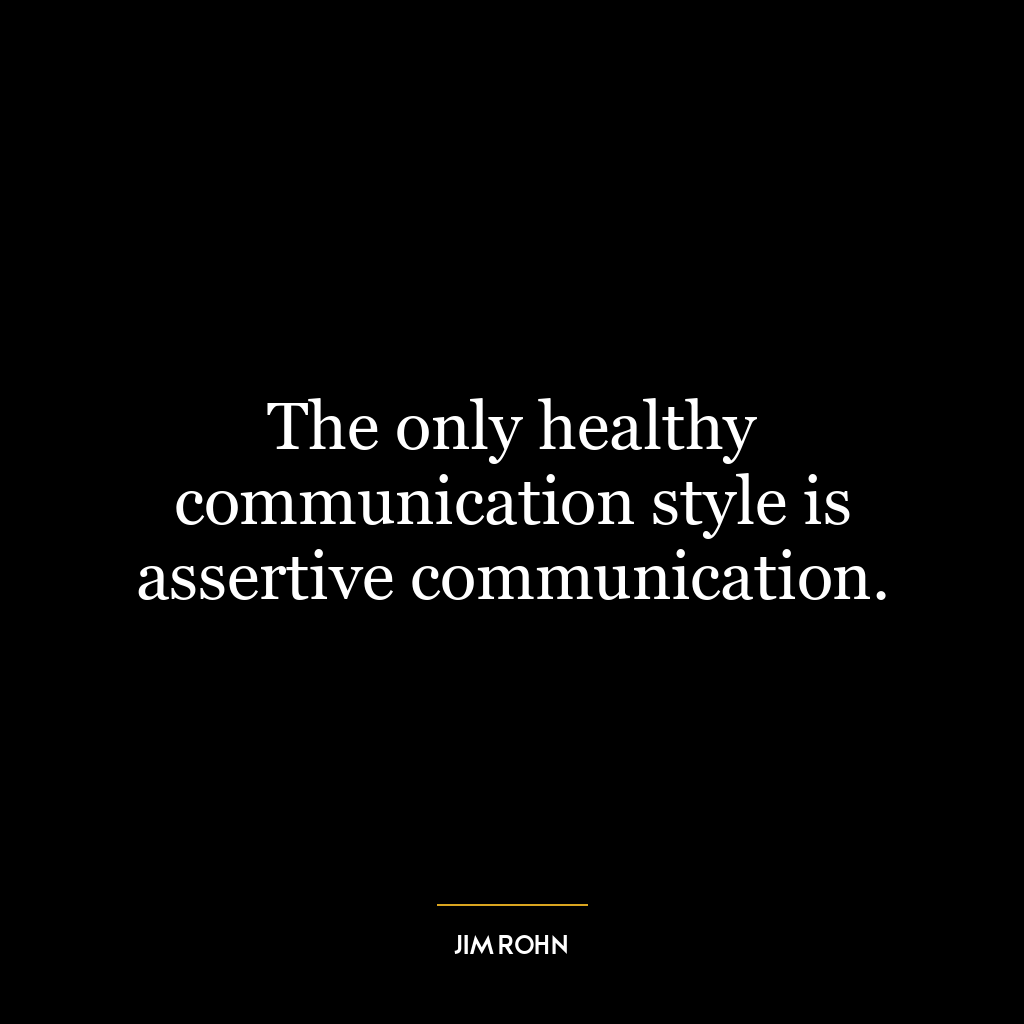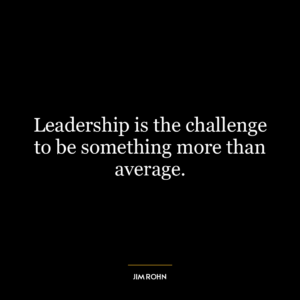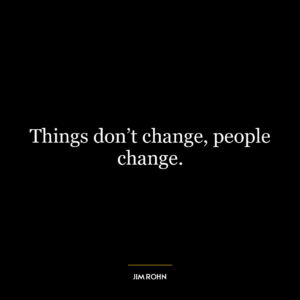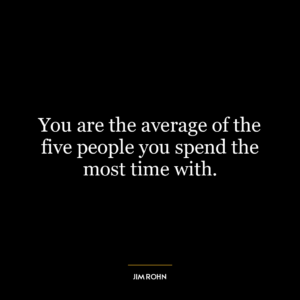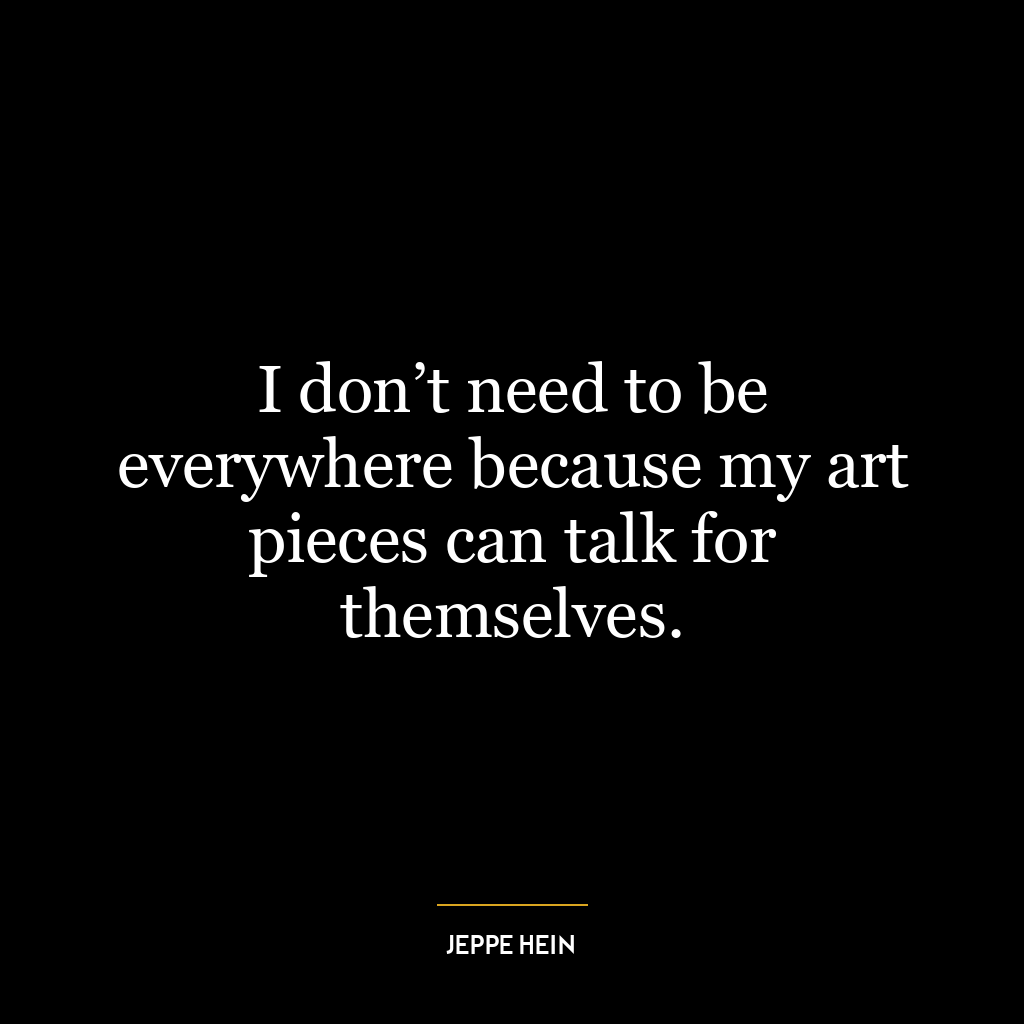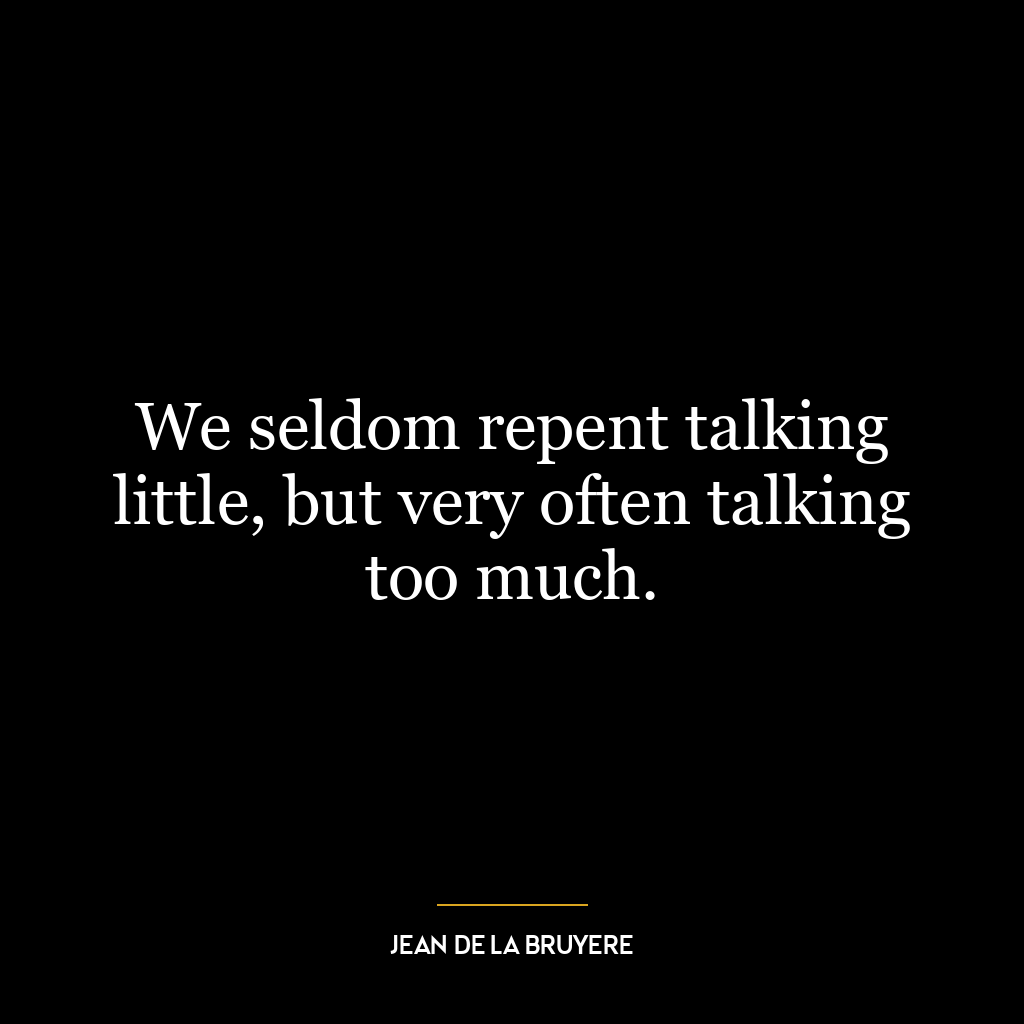This quote emphasizes the importance of assertive communication as the sole healthy method of interaction. This means expressing oneself and one’s needs in an open, honest, and direct way while also respecting the rights and beliefs of others. It is not about being aggressive or passive, but finding a balance where you stand up for yourself without infringing on others’ rights.
Assertive communication is a key tool in maintaining positive relationships, both personal and professional. It fosters mutual respect, understanding, and problem-solving. It encourages transparency and discourages manipulation, deceit, or coercion. It is about being confident, not just in expressing your own needs and desires, but also in listening to others and acknowledging their perspectives.
In today’s world, where communication is often digital and impersonal, assertive communication is more important than ever. It can prevent misunderstandings, build trust, and promote a more open and respectful discourse, whether in a personal relationship, a work environment, or even in broader societal contexts.
In terms of personal development, learning to communicate assertively can boost self-esteem, reduce stress, and improve decision-making skills. It empowers individuals to express their feelings and needs clearly and directly, leading to more satisfying relationships and a greater sense of self-worth. It’s a vital skill that can lead to both personal and professional success.
However, assertive communication is not always easy. It requires self-awareness, emotional intelligence, practice, and sometimes a willingness to step outside of one’s comfort zone. But the rewards – healthier relationships, less stress, and increased self-confidence – make it a worthwhile endeavor.

